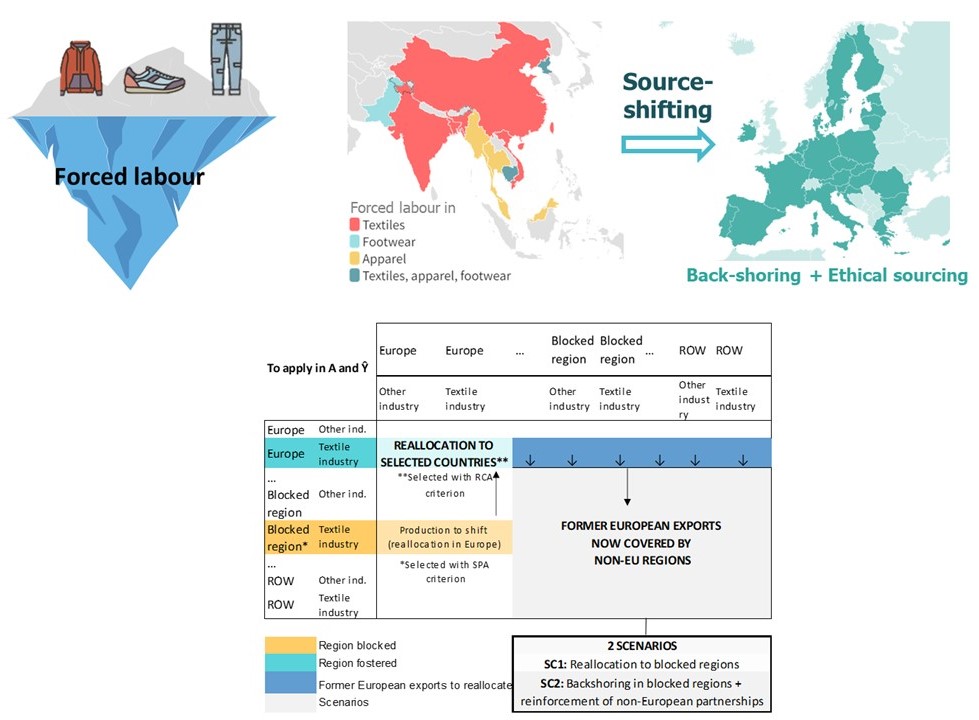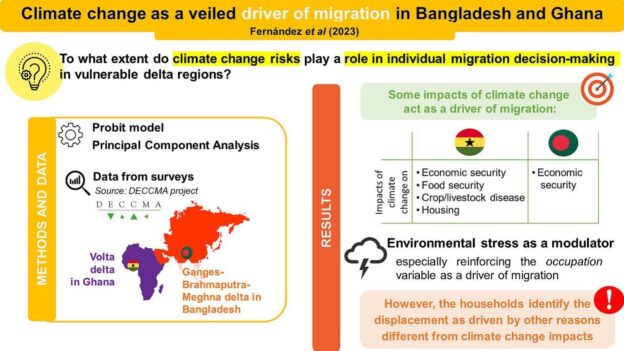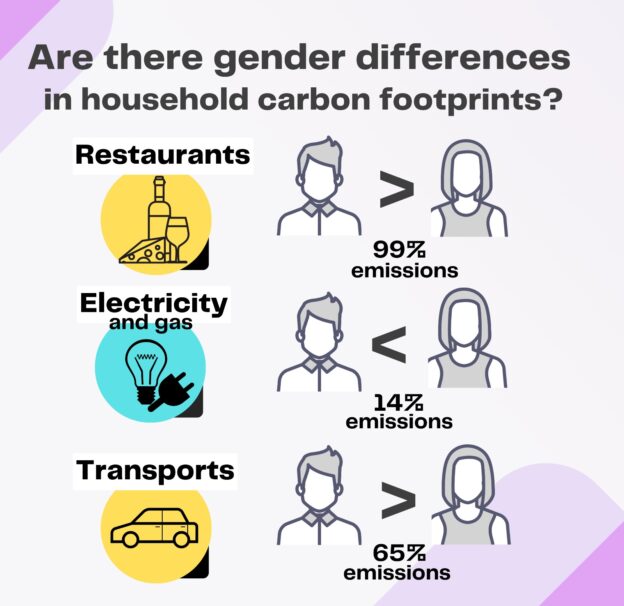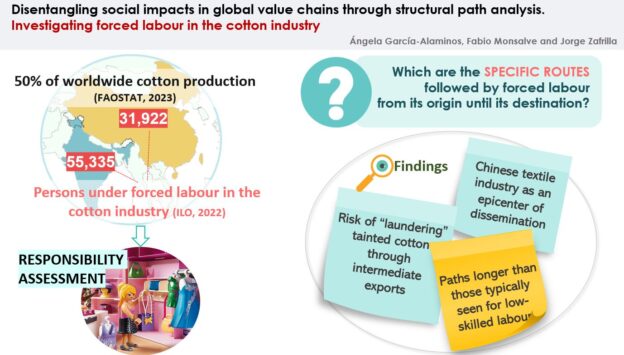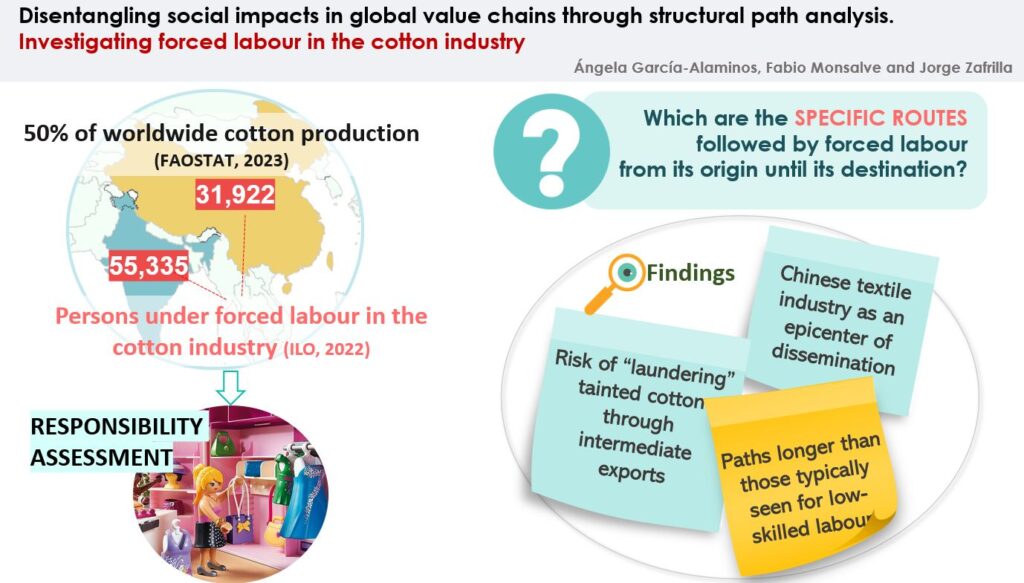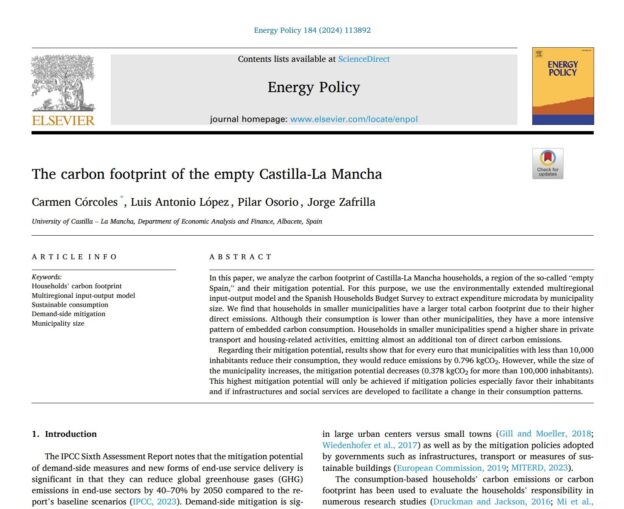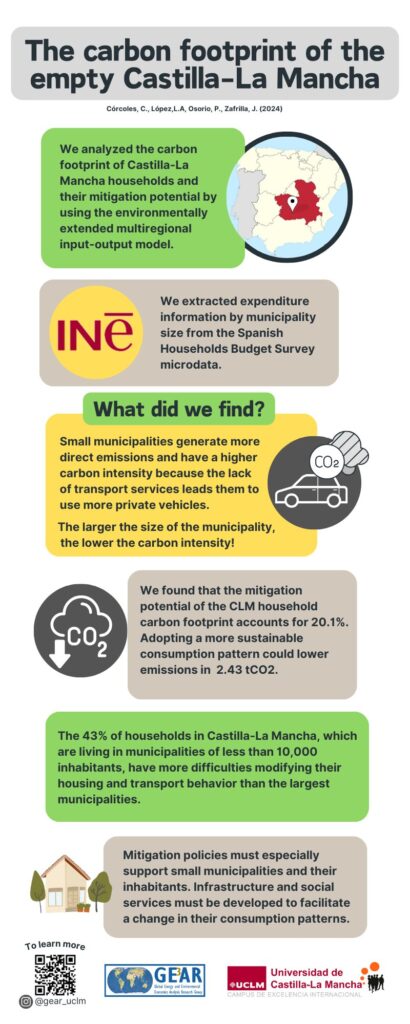The GEAR members Ángela García-Alaminos, Jorge Zafrilla and Fabio Monsalve have recently published the paper entitled “Forced labour in the fashion industry: a hypothetical EU-driven reorganisation of textile value chains” in Economic Systems Research.
Given recent breakdowns in global value chains, like the COVID-19 crisis or the conflict in Ukraine, developed economies are trying to develop resilience to address future drawbacks. Backshoring and nearshoring arise as attractive solutions to reduce exposure to global disruptions and undesirable practices such as forced labour.
This study analyses the labour impacts of a hypothetical EU-driven reconfiguration of value chains of the fashion industry through a multi-regional input-output model. Using the Structural Path Analysis methodology, how forced labour is transmitted within Europe is explored. Once the forced labour hotspots are determined, we explore the socioeconomic consequences of a trade-restructuring strategy simulated through the source-shifting technique.
Our results show that the forced labour embodied in the European final demand for fashion products could fall by up to 34.2%. This strategy could generate more than 190,000 jobs in Europe, while China and India could lose more than 1.5 million jobs each.
You can find the full-text here:
https://www.tandfonline.com/eprint/EPQ7HPHGGFKYZQXJDHAP/full?target=10.1080/09535314.2024.2345096
